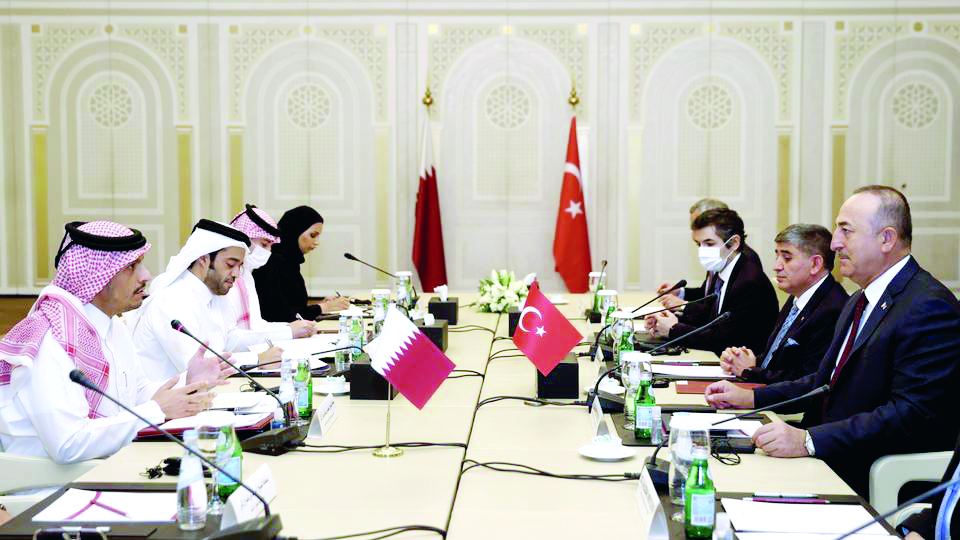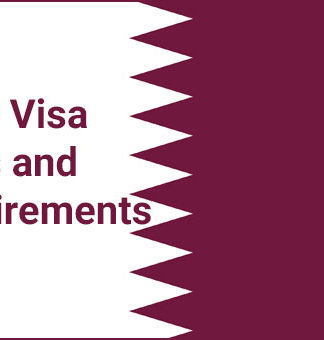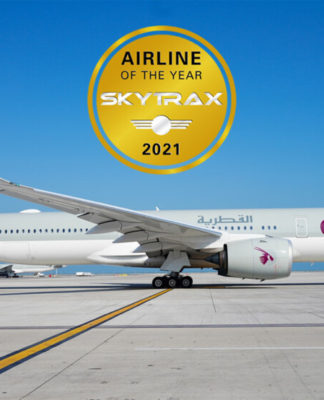
Qatari-Turkish talks on the situation of Afghan airports – archive Washington – Zainab Ibrahim
Professor Ravel Shansky, an expert on Middle East affairs and professor of international politics at the University of Utah, explained that meetings and consultations brought together Qatari and Turkish officials in Doha before heading to the Afghan capital, Kabul, to discuss a formal agreement to operate the Afghan capital’s airport with the transitional government that currently rules the country in Afghanistan, in light of Turkey’s announcement It is ready to operate Kabul’s Hamid Karzai International Airport by negotiating services and security demands.

Hamid Karzai International Airport in Kabul is important in being the main air link for landlocked Afghanistan to the world at a time when millions in the country are facing many humanitarian dangers, especially in the bitterly cold winter.
And two Qatari and Turkish companies had signed a memorandum of understanding on the management of five airports in Afghanistan, including Hamid Karzai Airport. Managing and securing Afghan airports, and this comes in light of the pivotal role Qatar has played in more than one file at the Afghan level, especially in helping to operate Kabul Airport and in humanitarian and logistical assistance.
► General Features
Professor Ravel Shansky, Middle East expert and professor of international politics at the University of Utah says that the task of operating Afghanistan’s airports is very vital in the midst of the many challenges that the Afghan country is going through, and while Qatar plays a pivotal role in the operations of the main Kabul airport, Turkey has been showing its readiness Even before the withdrawal of US forces regarding the operational and insurance services for Afghan airports.Thanks to the positive confidence that Qatar enjoys from the new transitional government, especially its important role in the Afghan scene at the humanitarian and logistical levels, the last period witnessed joint discussions between Qatar, Turkey and America regarding the situation of Afghan airports in light of the dwindling number of flights in the country in front of the number of nationals cooperating with America Or those wishing to leave the country, or even what is related in the future to providing humanitarian aid in a more complete way instead of concentrating it in the main Kabul airport, which increases international fears of humanitarian aid reaching its beneficiaries or its concentration in the capital, which differs in its real influence with regard to its connection with the most regions of the Afghan state need..While the Qatari-Turkish relations are taking place within the framework of friendship and a strong and cohesive alliance that has emerged in many challenges, whether in geopolitical turmoil or economic support in the face of sanctions, we now see a changing scene in the West Asia region in general, and a positive trend in US-Turkish relations, especially with regard to the Afghan file And the American and NATO countries’ appreciation of Turkey’s long-term role in this file.. On the part of Qatar, the Qatari-Turkish relations are becoming more homogeneous on more than one level, with the temperature of regional pressures receding within the framework of the desire of various countries at the beginning of a new approach of rapprochement relations that brings Ankara together with Arab capitals many..Qatari relations witness a new and distinct impulse every month, which has clearly emerged through the Arab Cup and its impact on Doha’s positive position in its Arab and regional surroundings, with the steadily increasing building on the gains of the past year, and this clearly evident through the Gulf Cooperation Council summits, which were its last summit and what preceded and followed it from High-ranking official visits provide very clear messages on the positive direction that diplomacy is taking, to which the various regional countries rely on is the clearest and direct option in order to achieve common gains and interests.
► Logistics services
Professor Ravel Shansky, Middle East expert and professor of international politics at the University of Utah, continues in his statements to Al Sharq: There is certainly a need to provide adequate and missing support in the logistics of operating airports; As the Taliban movement was surprised even by the speed of its arrival to an authority that was not fully prepared for it, and was surprised by a painful reality on the economic and humanitarian level, and the combat organization of the movement and its affiliates do not possess the civilian elements, engineering expertise, and so on, especially since many Afghan cadres originally went outside the country, which increased The task of governing the Afghan country is complicated, something that the Taliban has clarified and confirmed by international discourses, that there is a real crisis in the displacement of thinking and innovative minds in a way that harms the Afghan scene, which is in dire need of international and international assistance in the face of many challenges..
► Important suggestions
Rafael Shansky explained: In general, a lot of negotiations took place with regard to securing Hamid Karzai International Airport, with the Taliban’s transitional government rejecting the presence of any foreign forces in the country, but the closest negotiations so far in the offer that Doha and Ankara are preparing to present, which includes private security companies, is the most prominent and most Seriousness of the negotiation process, given the transitional government’s need to activate the roles of its civilian airports in a manner that would have independence that restores the confidence of international institutions and the countries of the Western community in the operations of humanitarian aid, which Afghanistan desperately needs. Alone, but by its timing and actually reaching its deserving recipients.The discussion with the Taliban regarding coordinating the delivery of aid to humanitarian agencies in Afghanistan remains required and vital, especially since everyone is aware of the humanitarian dangers associated with the exacerbation of displacement, which has extended to include 2 million Afghans suffering from lack of shelter, starvation, unemployment and the spread of diseases. The crises are exacerbated in the face of a new refugee reality such as the Syrian reality, and its consequences towards Western European policies that have become intolerant of open-door policies, but the humanitarian crisis will eat Afghanistan from the inside before it affects Europe, and these citizens have the right to a decent and secure life instead of displaying their tragedy as being relevant. Indirect external damage and the necessity of addressing direct damage in the first place.. These steps also aim to achieve the positive factor of flexibility and give a major impetus to restore Western confidence, which is suffering a lot of damage towards the current authority in Afghanistan, for sure.






























